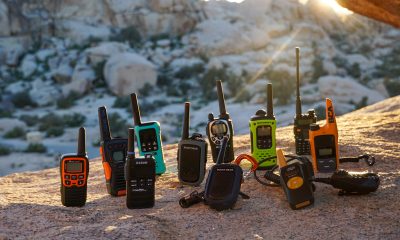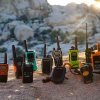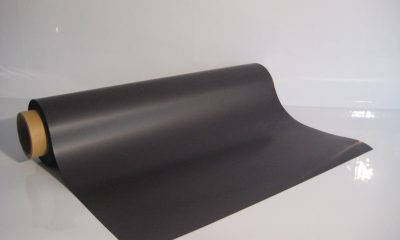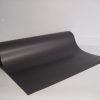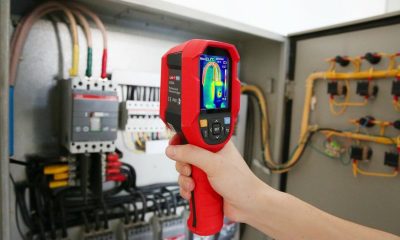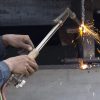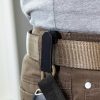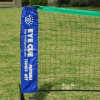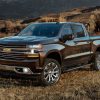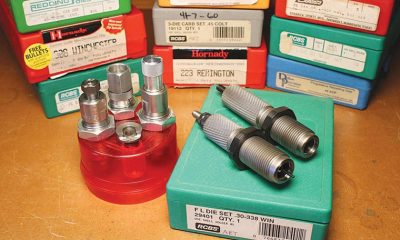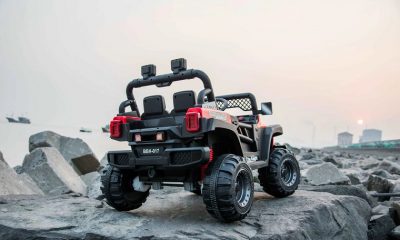Tech & Gadgets
Everything You Should Know About Flexible Solar Panels When Caravanning
Whether you’re a digital nomad or an outdoor enthusiast, embarking on a van life adventure can be a complex project that requires you to get prepared ahead of time. The stressful lifestyle of people today and the many opportunities to work remotely have made campervans, van conversion, and van build tiny homes a rising trend. And, it seems that embracing this adventurous lifestyle is becoming more and more popular.
For anyone pursuing the van life, whether for living or occasional camping, searching for effective and efficient methods for providing power should be a top priority. With technology greatly evolving over the last decade, solar panels have become a realistic option for those starting their own camper van build.
Why Should You Consider Flexible Solar Panels for Your Van?
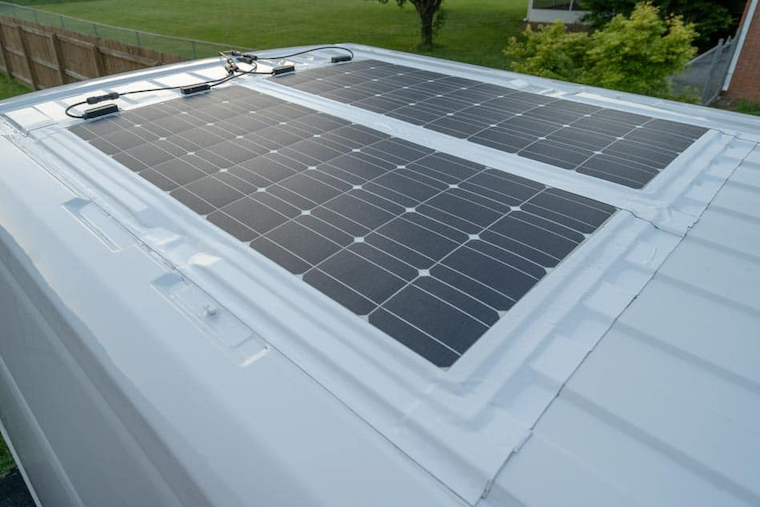
Flexible solar panels are a great on-the-go option for everyone who wants to invest in solar panels. Maybe you want to live off-grid. Or, you simply strive for a more environmentally friendly way of living. No matter your purpose, your van solar energy system can provide you with clean, renewable energy wherever life takes you.
Finding an appropriate power source without connecting to the primary public power supply through traditional methods can be challenging. Flexible solar cells are the solution to that problem. But how to choose the best flexible solar panels for campervans out of the many available options today?
Rigid vs Flexible Solar Panels
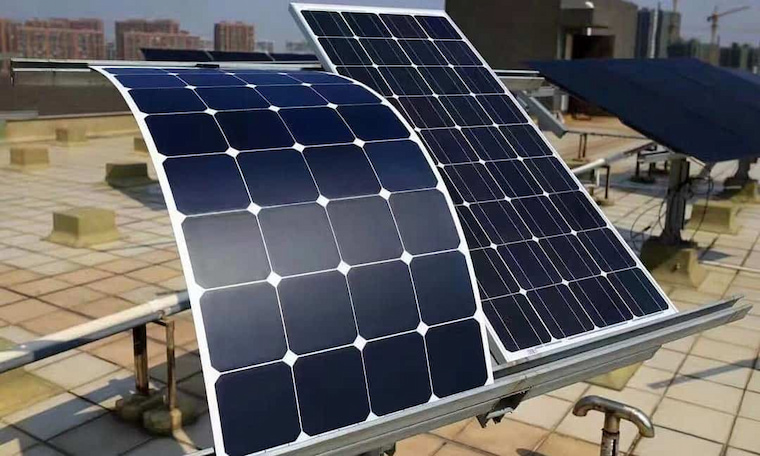
Rigid solar panels are different from their flexible counterparts in several ways. What would be the better option for you depends on your needs and preferences.
Rigid Solar Panels
Many people consider rigid panels the most efficient solar panel option. However, they’re fragile and often require to be mounted permanently. Rigid panels are often ten times heavier per watt than flexible ones. This makes them less ideal in terms of portability and stealth. They have framed aluminium construction with a panel array made of thick glass. Being stiff, flat, and heavy, these panels require a secure installation on the surface of the building, which usually involves drilling holes for screwing down the panels. For an RV or van conversion, this can involve exterior damage.
Flexible Solar Panels
Flexible solar panels can be easily transported as they weigh approximately 75% less than rigid models. Although more prone to scratching, their surface is shatterproof, contrasted to the glass of rigid panels. Their flexible construction bends up to 30 degrees, making them ideal for curved surfaces such as a van roof or RV. Additionally, flexible solar panels for campervans can be easily installed without drilling or advanced electrical work. Some even come with an adhesive lining on the inner side of the panel so that you can put it like a giant sticker on the top of your van roof.
How Do Flexible Solar Panels Work?
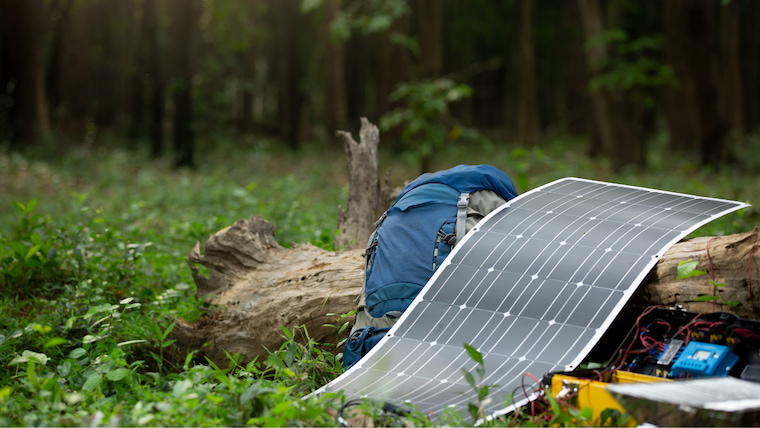
In terms of technology, flexible solar panels work similarly to other solar panels. So, how do solar panels work in general? They work in a way that converts the energy of photon light particles into electricity. The result is electricity in its DC power, commonly used in battery-powered devices. You need to convert the DC power into AC electricity with an inverter for household items.
Types of Flexible Panels
Cells are the heart of solar panels, so it’s only logical to divide them by their cell design type.
- Monocrystalline cells are made from the purest form of silicon. They’re compact cells, using less space than others. They’re the most effective and last longer, making them pricier than others. They have a black hue.
- Polycrystalline cells are made from many individual melted-silicon parts. They’re as durable as the mono ones but aren’t as effective. Their production process is more cost-effective, which makes them less expensive. They have a blue hue and often tolerate shade better than the monocrystalline panels.
What to Look for When Buying a Panel?
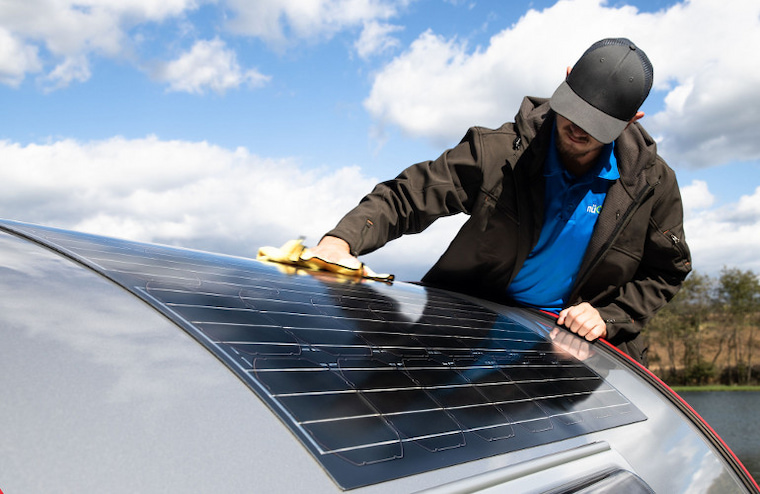
Design and Size
It’s essential to first determine the available space you have for installing your new flexible solar panel. There would be more options to choose from if it’s a larger space, such as an RV’s roof. A small space would require more efficient, high-capacity panels, while for an irregular or curved surface, make sure the solar panel you purchase has enough range of motion.
Wattage and Efficiency
The higher the wattage, the more electricity it can produce. Before buying a solar panel, calculate how many solar panels you need, comparing the daily output with the needs of the appliances you want to power with solar energy. Although flexible panels are less efficient than rigid ones, they perform better in low-light situations.
Installation
The flexible solar panels for campervans are already a breeze to install. However, some models are more easily installed than others. If you need regular putting it on/off, ensure to choose an easily installed panel.
Durability
Check out the manufacturer warranty, as often, it’s an indicator of quality and durability. Opt for more durable solar panels if you’re planning to use them more often and at higher temperatures, as overheating is the main reason for the failure of flexible solar panels.
Writing for the blog since 2012, Chris simply loves the idea of providing people with useful info on business, technology, vehicles, industry, sports and travel – all subjects of his interest. Even though he sounds like quite the butch, he’d watch a chick flick occasionally if it makes the wife happy, and he’s a fan of skincare routines though you’d never have him admit that unless you compliment his impeccable skin complexion.



